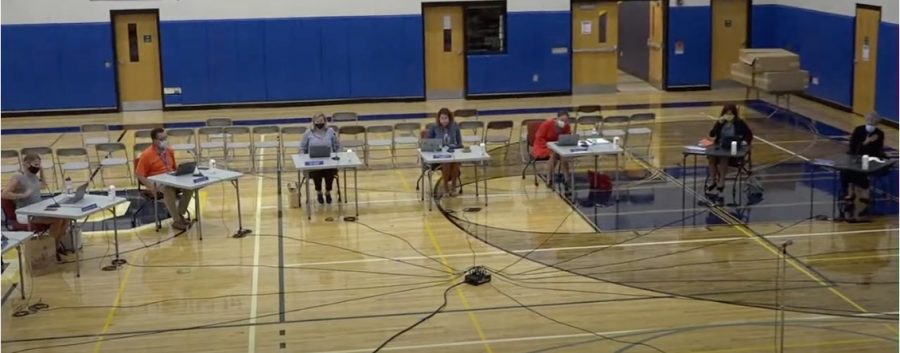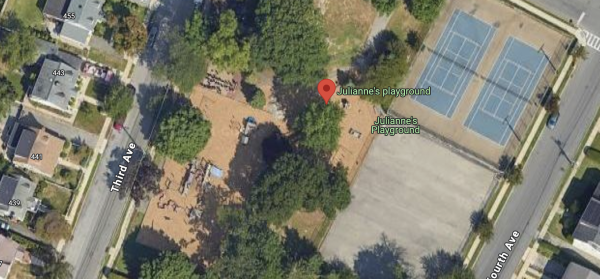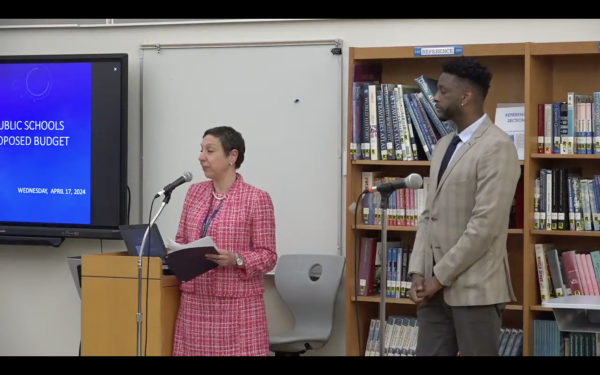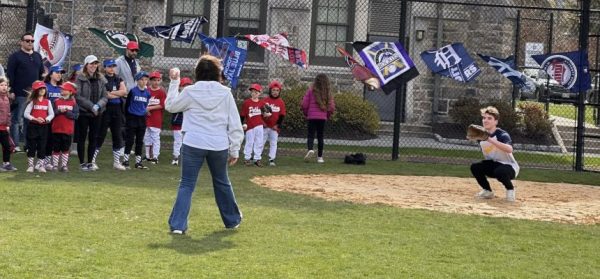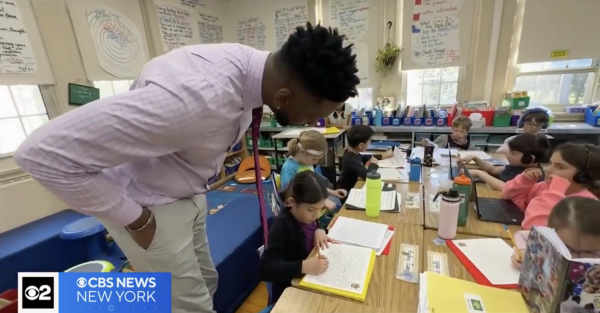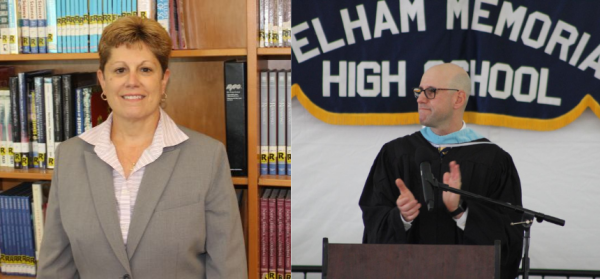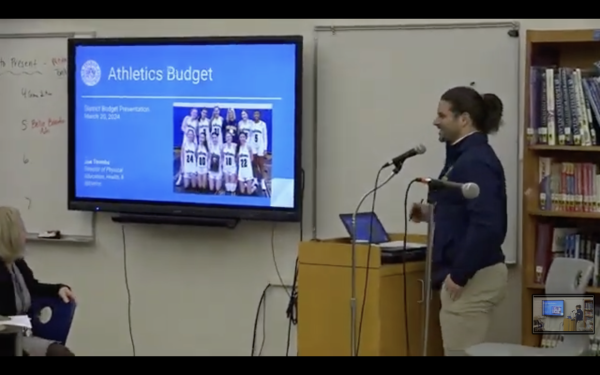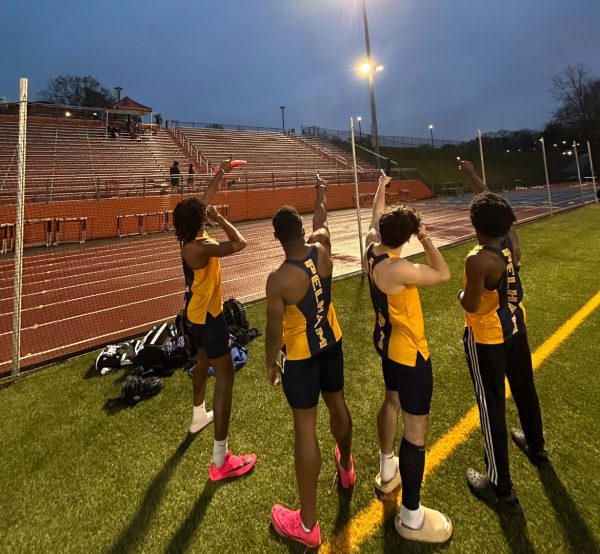School board reviews virtual switch: Get ‘guidance to determine what an appropriate length of closure might be’
Less than two hours after Pelham Superintendent Dr. Cheryl Champ’s Wednesday announcement that Pelham schools would delay in-person instruction by at least two days, the board of education met to discuss that decision and how the district will move forward.
Champ’s email stated the district had received footage of large parties attended by high school students in the days before the district was supposed to open in a hybrid format, and out of concern for the health of students and school personnel, all in-person learning would shift to Monday at the earliest, with classes virtual on Thursday and Friday. At the meeting, Champ said the district is currently working with the Westchester County Department of Health to “assess the situation to determine next steps.”
Champ described the task of reopening schools as “herculean…and one that we’re approaching with every precaution.” She said outbreaks around the country have been seen following similar big gatherings.
“That’s where the initial decision came from, not wanting to take chances with other people’s children, not wanting to take chances with staff, until we can get appropriate guidance to determine what an appropriate length of closure might be to provide the best health situation for staff and students, and also the scope of what that should be,” said Champ.
Julia Chung, assistant superintendent for pupil personnel services, said families of party attendees should quarantine, explaining that the main challenge facing the district is the size of the groups and not knowing which students attended the parties, leaving lots of possible carriers of Covid-19. The health department mandates a 14-day quarantine after possible exposure, and in her email Wednesday night Champ said that all students who attended the parties should quarantine for 14 days.
“We have the potential of exposure,” said Champ, “but because there was not one specific case it was difficult for (the health department) to make more specific recommendations.” She said that if the district were to shift to virtual learning, this decision would be supported by the department.
“We recognize that (the Covid-19 infection rate) is very low in Pelham,” the superintendent said. “We’re not trying to be reactionary…or overly emotional about this. We don’t know if anyone was asymptomatic or symptomatic. We don’t know if anyone there is positive. We also don’t know if folks who were there traveled to other states where there are travel bans. Those are unknowns. We can’t identify every child that was there, so we can’t track each one of those cases down.”
Champ pointed to a lack of clear direction from Gov. Andrew Cuomo’s office and from the county health department: “There’s really no specific protocols, no specific guidance unless you get a confirmed positive test. That’s where it’s clear, but anything outside of that is really up to the district to navigate.”
Board of Education Vice President Sue Bratone Childs suggested the implementation of parental agreements to “certain protocols of behavior as an individual and as a family,” similar to agreements being used in colleges and universities.
Champ said she supported the idea, and it has come up in conversations with the middle and high school principals.
Trustee John Brice said the district should consider creating contracts, like ones signed by student athletes, where students agree not to engage in unsafe behaviors off campus. “I don’t think it’s at all out of line to ask the same thing of all the students,” said Brice. “If they’re not willing to sign that, we do have a remote option.”
Champ closed her report by saying the situation will be reevaluated if a rise in positive cases is observed in the Pelham school district.
The board heard a presentation from members of the New York University Steinhardt Metropolitan Center for Research on Equity and the Transformation of Schools, which has been working with the district over the summer to address structural racism in the Pelham schools. The center began a research-based equity audit at the start of summer and has engaged in administrative training and consultations, discussions with the district’s cultural competence committee, training for staff and meetings with student leaders at the middle and high schools.
Natalie McCabe Zwerger, director of strategic solutions at the center, said “NYU metrocenter has been dedicated to the pursuit of academic excellence and social justice for all children.” The center works with children in grades Kindergarten through 12th and at the college level across the country.
Cathleen Antoine-Abiala, an equity coach for the center, said they work around an essential question: “How can I disrupt and dismantle the existence of inequity within my sphere of influence?” She described educational equity as making sure each student has the tools they need in order to “define and experience their own success, experience joy in learning everyday, see themselves reflected in the content of their learning as well as the educators who serve them,” regardless of race, ethnicity, gender, sexual orientation or socio-economic status.
Through the audit the center has collected data which is now being analyzed. Zwerger said the findings and recommendations to “clear a path for how to continue operationalizing (and) deepen these commitments over this year and, really, the coming years” will be presented at the board’s second meeting in October.
“We never want anyone to just think this is a theoretical conversation,” said Zwerger, “but rather that we are moving into application and operationalizing commitments.”
The website where the center posts tools and more information about its services is here.
The board’s next meeting is scheduled for Sept. 23 at 8:15 p.m. and can be viewed on YouTube live.
Zoe is a graduate of the Pelham Memorial High School class of 2021. Aside from her work at the Examiner, she competes in the high jump for the track and...



